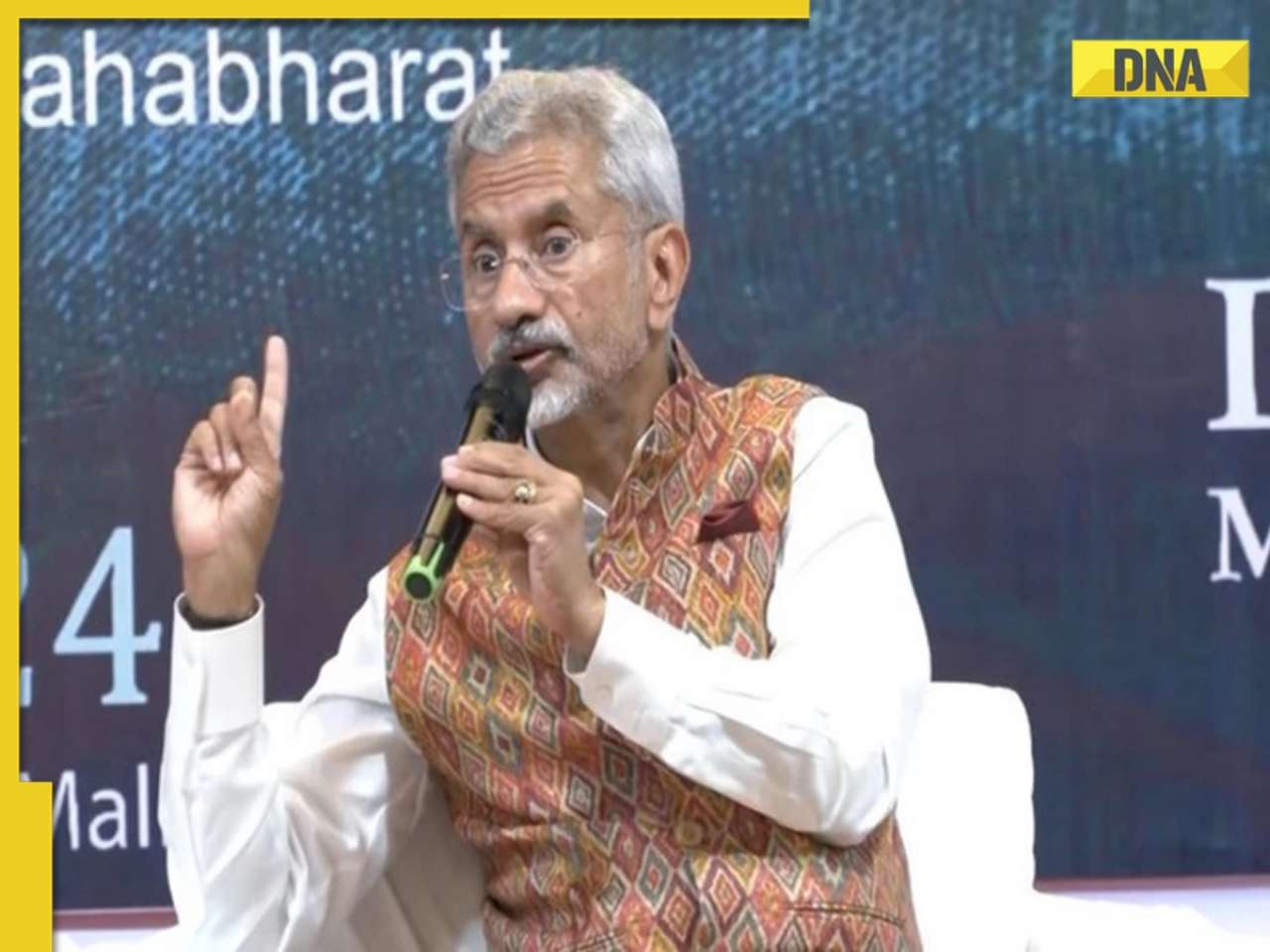As Egyptians held a 'Victory march,' demonstrators were killed or wounded in Bahrain, Yemen and Libya as authoritarian rulers used force, and in some cases open firing, to attempt to quash rebellions.
Bahraini troops shot at demonstrators on Friday and wounded many, a former Shi'ite lawmaker said, as government crackdowns on protests in the Middle East and North Africa turned increasingly violent.
While millions of Egyptians celebrated their ouster of Hosni Mubarak after 30 years, protesters elsewhere, inspired by their success, were engaged in struggles against their own authoritarian rulers.
In Bahrain, troops shot at protesters near Pearl Square on Friday and wounded many, a former Shi'ite lawmaker said, a day after police forcibly cleared a protest camp from the traffic circle in Manama, killing 4 people and wounding more than 230.
At least two people were killed in Yemen when security forces and pro-government loyalists clashed with crowds demanding an end to President Ali Abdullah Saleh's 32-year rule.
And in Libya, soldiers were deployed in the streets of the country's second city Benghazi after thousands of people demonstrated overnight over the killing of what US-based Human Rights Watch said were at least 24 protesters on Wednesday and Thursday.
The unrest in the region -- particularly worries about its possible impact on oil giant Saudi Arabia -- helped push Brent crude prices to a 28-month high of $104 a barrel on Thursday.
It was a factor in gold prices extending early gains to five-week highs. By Friday afternoon, Brent was just over $102 a barrel.
In Bahrain, Jalal Firooz, of the Wefaq bloc that resigned from parliament on Thursday, said demonstrators, marking the death of a protester killed earlier this week, had made for Pearl Square, where army troops opened fire.
"There are many casualties, some are critical," he said. Police had no immediate comment.
Thousands of Bahraini Shi'ites turned out on Friday to bury those killed in Pearl Square.
Bahrain's most revered Shi'ite cleric, Sheikh Issa Qassem, described the police attack as a "massacre" and said the government had shut the door to dialogue, but stopped short of calling openly for street protests.
The violence was the worst in the Saudi-allied Gulf island kingdom in decades and a sign of the nervousness of the Sunni royal family, long aware of simmering discontent among the majority Shi'ites.
Thousands gathered at a mosque in the village of Sitra, south of Manama, for Friday prayers and the funerals of three of those killed. "The people want the fall of the regime," they cried. "Justice, freedom and constitutional monarchy."
In a loyalist demonstration in Manama, hundreds of pro-government supporters, waving flags and pictures of the king, streamed through the streets, local TV footage showed.
The army in Bahrain, a country of 1.3 million people of whom 600,000 are native Bahrainis, had issued a warning to people to stay away from the centre of the capital.
Bahrain is home to the US Navy's Fifth Fleet which projects US military muscle across the Middle East and Central Asia, and the tension could fuel discontent among the Shi'ite minority in neighbouring Saudi Arabia, the world's biggest oil exporter.
GRENADE ATTACK
In Yemen, one protester was shot dead as police tried to disperse crowds in the southern city of Aden, witnesses said, and another person was killed and seven wounded when a hand grenade was thrown from a car into a crowd in Taiz, south of the capital Sanaa.
Tens of thousands of anti-government protesters thronged Taiz, where pro-government crowds also turned out, and there were smaller rival demonstrations in Sanaa.
Saleh, a US ally against a Yemen-based al Qaeda wing that has launched attacks at home and abroad, is struggling to end protests demanding political change and jobs.
In Libya, whose once-ostracised leader Muammar Gaddafi has tried to mend ties with the West, the authorities have cracked down hard.
Opponents of Gaddafi, leader of the North African country for more than 40 years, had designated Thursday a day of protest to try to emulate uprisings in Egypt and Tunisia.
In the early hours of Friday, Gaddafi appeared briefly at Green Square in the centre of Tripoli where he was surrounded by supporters, but he did not speak.
Two Swiss-based exile groups said anti-government forces joined by defecting police had seized control of the city of Al Bayda, 200km northeast of Benghazi and site of deadly clashes in recent days.
"Al Bayda is in the hands of the people," Giumma el-Omami of the Libyan Human Rights Solidarity group told Reuters in Geneva. Fathi al-Warfali of the Libyan Committee for Truth and Justice said: "The city is out of the control of the Gaddafi regime."
Later, both groups, citing contacts in the city, said government militias were attempting to retake Al Bayda, with residents fighting back with any weapons they could find.
The reports could not be independently verified.
The funerals of those killed were expected in Benghazi and al Bayda on Friday and could act as catalyst for further unrest.
In Egypt, a "Victory March" to celebrate Mubarak's overthrow a week ago was also a reminder to the new military rulers of the power of the street and a memorial to the 365 people who died in the 18-day uprising.
![submenu-img]() Meet IIT-JEE topper with AIR 1, son of government school teachers, he went on to pursue...
Meet IIT-JEE topper with AIR 1, son of government school teachers, he went on to pursue...![submenu-img]() Salman Khan house firing case: One more Lawrence Bishnoi gang member arrested by Mumbai Police
Salman Khan house firing case: One more Lawrence Bishnoi gang member arrested by Mumbai Police ![submenu-img]() Mukesh Ambani to host Anant-Radhika's second pre-wedding function: Trip to start from Italy with 800 guests and end in..
Mukesh Ambani to host Anant-Radhika's second pre-wedding function: Trip to start from Italy with 800 guests and end in..![submenu-img]() Driver caught on camera running over female toll plaza staff on Delhi-Meerut expressway, watch video
Driver caught on camera running over female toll plaza staff on Delhi-Meerut expressway, watch video![submenu-img]() 'If you come and do something here...': EAM S Jaishankar on India's 'message' against terrorism
'If you come and do something here...': EAM S Jaishankar on India's 'message' against terrorism![submenu-img]() Meet IIT-JEE topper with AIR 1, son of government school teachers, he went on to pursue...
Meet IIT-JEE topper with AIR 1, son of government school teachers, he went on to pursue...![submenu-img]() TN 11th Result 2024: TNDGE Tamil Nadu HSE (+1) result declared, direct link here
TN 11th Result 2024: TNDGE Tamil Nadu HSE (+1) result declared, direct link here![submenu-img]() Meet doctor who cracked UPSC exam with AIR 9 but didn’t became IAS due to…
Meet doctor who cracked UPSC exam with AIR 9 but didn’t became IAS due to…![submenu-img]() TN 11th Result 2024 to be declared today; know how to check
TN 11th Result 2024 to be declared today; know how to check![submenu-img]() Meet man who worked as coolie, studied from railway's WiFi, then cracked UPSC exam to become IAS, secured AIR...
Meet man who worked as coolie, studied from railway's WiFi, then cracked UPSC exam to become IAS, secured AIR...![submenu-img]() DNA Verified: Is CAA an anti-Muslim law? Centre terms news report as 'misleading'
DNA Verified: Is CAA an anti-Muslim law? Centre terms news report as 'misleading'![submenu-img]() DNA Verified: Lok Sabha Elections 2024 to be held on April 19? Know truth behind viral message
DNA Verified: Lok Sabha Elections 2024 to be held on April 19? Know truth behind viral message![submenu-img]() DNA Verified: Modi govt giving students free laptops under 'One Student One Laptop' scheme? Know truth here
DNA Verified: Modi govt giving students free laptops under 'One Student One Laptop' scheme? Know truth here![submenu-img]() DNA Verified: Shah Rukh Khan denies reports of his role in release of India's naval officers from Qatar
DNA Verified: Shah Rukh Khan denies reports of his role in release of India's naval officers from Qatar![submenu-img]() DNA Verified: Is govt providing Rs 1.6 lakh benefit to girls under PM Ladli Laxmi Yojana? Know truth
DNA Verified: Is govt providing Rs 1.6 lakh benefit to girls under PM Ladli Laxmi Yojana? Know truth![submenu-img]() Remember Harsh Lunia? Just Mohabbat child star, here's how former actor looks now, his wife is Bollywood's popular...
Remember Harsh Lunia? Just Mohabbat child star, here's how former actor looks now, his wife is Bollywood's popular...![submenu-img]() Mother's Day 2024: Bollywood supermoms who balance motherhood, acting, and run multi-crore businesses
Mother's Day 2024: Bollywood supermoms who balance motherhood, acting, and run multi-crore businesses![submenu-img]() Rocky Aur Rani's Golu aka Anjali Anand shocks fans with drastic weight loss without gym, says fitness secret is...
Rocky Aur Rani's Golu aka Anjali Anand shocks fans with drastic weight loss without gym, says fitness secret is...![submenu-img]() In pics: Ram Charan gets mobbed by fans during his visit to Pithapuram for ‘indirect campaign’ for uncle Pawan Kalyan
In pics: Ram Charan gets mobbed by fans during his visit to Pithapuram for ‘indirect campaign’ for uncle Pawan Kalyan![submenu-img]() Streaming This Week: Yodha, Aavesham, Murder In Mahim, Undekhi season 3, latest OTT releases to binge-watch
Streaming This Week: Yodha, Aavesham, Murder In Mahim, Undekhi season 3, latest OTT releases to binge-watch![submenu-img]() Haryana Political Crisis: Will 3 independent MLAs support withdrawal impact the present Nayab Saini led-BJP government?
Haryana Political Crisis: Will 3 independent MLAs support withdrawal impact the present Nayab Saini led-BJP government?![submenu-img]() DNA Explainer: Why Harvey Weinstein's rape conviction was overturned, will beleaguered Hollywood mogul get out of jail?
DNA Explainer: Why Harvey Weinstein's rape conviction was overturned, will beleaguered Hollywood mogul get out of jail?![submenu-img]() What is inheritance tax?
What is inheritance tax?![submenu-img]() DNA Explainer: What is cloud seeding which is blamed for wreaking havoc in Dubai?
DNA Explainer: What is cloud seeding which is blamed for wreaking havoc in Dubai?![submenu-img]() DNA Explainer: What is Israel's Arrow-3 defence system used to intercept Iran's missile attack?
DNA Explainer: What is Israel's Arrow-3 defence system used to intercept Iran's missile attack?![submenu-img]() Salman Khan house firing case: One more Lawrence Bishnoi gang member arrested by Mumbai Police
Salman Khan house firing case: One more Lawrence Bishnoi gang member arrested by Mumbai Police ![submenu-img]() Meet actress, who got rejected for her looks, had no hit for 15 years; later beat Alia, Deepika, Katrina at box office
Meet actress, who got rejected for her looks, had no hit for 15 years; later beat Alia, Deepika, Katrina at box office![submenu-img]() Abdu Rozik breaks silence on his wedding announcement being called ‘publicity stunt’: ‘The whole world is…’
Abdu Rozik breaks silence on his wedding announcement being called ‘publicity stunt’: ‘The whole world is…’![submenu-img]() Meet actress who made debut with Salman Khan, had super flop career, then got TB, now lives in chawl, runs..
Meet actress who made debut with Salman Khan, had super flop career, then got TB, now lives in chawl, runs..![submenu-img]() Meet actress who worked with Naseeruddin Shah, sister of popular models, is now getting trolled on social media for..
Meet actress who worked with Naseeruddin Shah, sister of popular models, is now getting trolled on social media for..![submenu-img]() Driver caught on camera running over female toll plaza staff on Delhi-Meerut expressway, watch video
Driver caught on camera running over female toll plaza staff on Delhi-Meerut expressway, watch video![submenu-img]() Delhi man takes 200 flights in 110 days, steals lakhs worth of jewelry from passengers
Delhi man takes 200 flights in 110 days, steals lakhs worth of jewelry from passengers![submenu-img]() Viral video: Man makes paratha with 'diesel', internet reacts
Viral video: Man makes paratha with 'diesel', internet reacts![submenu-img]() Viral video of 'black jalebi' leaves internet in shock; netizens say 'hey bhagwan...'
Viral video of 'black jalebi' leaves internet in shock; netizens say 'hey bhagwan...'![submenu-img]() Real-life Bambi and Thumper? Adorable deer and rabbit video melts hearts online
Real-life Bambi and Thumper? Adorable deer and rabbit video melts hearts online






















































)
)
)
)
)
)